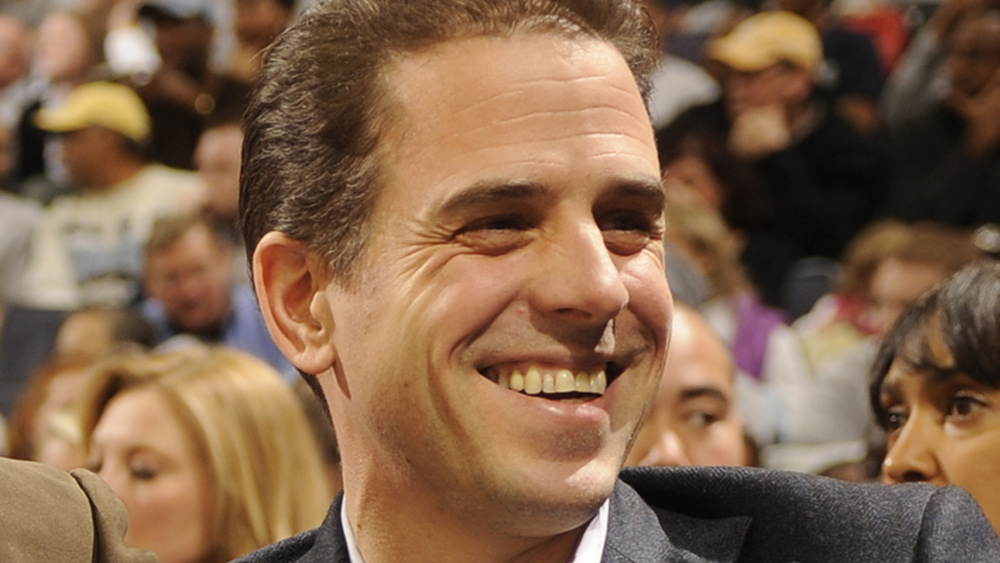
Advertisement
If ever there was a legal case that proves just how far we have strayed as a nation from our Constitution — and why that is troubling, dangerous, and undemocratic — this is it.
In recent days an emergency room nurse working at a hospital in Salt Lake City was violently arrested by a local police officer for refusing to provide the officer with a patient’s blood sample. The arrest was caught on the officer’s body cam and was also recorded by several other officers’ body cams who were in the vicinity.
Reports claim that the arrest was bogus because the officer did not have legal cause to make it; unfortunately, those claims are not accurate, at least in a legal sense. I’ll explain.
As reported by The Daily Bell, the nurse — Alex Wubbles — who was being instructed by hospital legal counsel on the phone at the time, asked Det. Jeff Payne a series of questions to ascertain if one of three conditions for complying with an order from police to provide a blood sample from an unresponsive patient was being met.
“Is this patient under arrest?” she asked Payne. “Nope,” he responds.
“Do you have an electronic warrant?” Wubbles asked next.
“No,” Payne says rather bluntly, clearly becoming more annoyed.
Wubbles then printed out the hospital’s policy — which had been agreed to by the Salt Lake City Police Department — and showed it to Payne and the other officers. Calmly, clearly, she listed the conditions for which she, per hospital policy, could provide police with a patient’s blood sample:

— When presented with a warrant (which has to be based on probable cause);
— When a coherent, conscious patient consents to having his or her blood drawn;
— When a patient is under arrest.
None of those three pre-conditions existed.
To Payne and, unfortunately, in the eyes of the law and Supreme Court precedent, none of that mattered.
“Okay, so I take it, without those in place, I am not going to get blood?” Payne can be heard asking Wubbles.
On the phone, the legal counsel is advising the officer not to blame the messenger that if he escalates the situation, he’d be making a mistake. The patient was the driver of a truck who struck a vehicle that police were chasing, so it wasn’t even clear why SLCPD would want his blood to begin with, but that’s beside the point. (Related: The End Of Privacy: Drone Makers Looking To Expand Into Civilian Law Enforcement Market As Replacement For Police Helicopters.)
Payne made his move: At that point, he became excessively aggressive with Wubbles, cuffed her, and took her outside to his squad car, where she remained for what some reports suggested was about 20 minutes. She was not arrested.
According to hospital policy, had Wubbles provided the officer blood without the existence of any of the conditions she listed, she most likely could have been held legally responsible by the patient, as in, she could have been sued and her employer, the hospital, sued as well.
But as noted by the Salt Lake City Tribune, while Wubbles was in the right, it wasn’t for the reasons she believed.
First and foremost, the U.S. Constitution’s Fourth Amendment lays out a citizen’s rights when it comes to searches and seizures by police: The right of the people to be secure in their persons, houses, papers, and effects, against unreasonable searches and seizures, shall not be violated, and no warrants shall issue, but upon probable cause, supported by oath or affirmation, and particularly describing the place to be searched, and the persons or things to be seized.
Det. Payne had no probable cause and he had no warrant; therefore, the unconscious patient had every right to expect “to be secure” in his “persons.”
But Utah state law governing motor vehicles says that “[a] person operating a motor vehicle in this state is considered to have given … consent” when it comes to tests of blood, breath or other bodily substances, “for purposes of determining whether the person was violating any laws regarding driving under the influence,” the Salt Lake City Tribune noted.
Plus, the U.S. Supreme Court just last year decided favorably in support of implied consent laws like those adopted by Utah — which essentially say you give up a portion of your Fourth Amendment rights just for the ‘privilege’ of being able to travel in a motor vehicle.
Others argue that in this particular case the SLC officer still was in violation of Utah’s laws because they require police to believe that that the patient from which they seek to obtain a blood sample was driving “while in violation of” laws prohibiting driving under the influence; Payne wanted a blood sample to prove just the opposite of that, which ostensibly means he ran afoul of the state statute.
The problem here is that whenever the plain language of the nation’s founding document is tampered with, citizens’ rights suffer.
That’s the real crime here.
J.D. Heyes is a senior writer for NaturalNews.com and NewsTarget.com, as well as editor of The National Sentinel.
Sources include:
Submit a correction >>
This article may contain statements that reflect the opinion of the author
Advertisement
Advertisements















